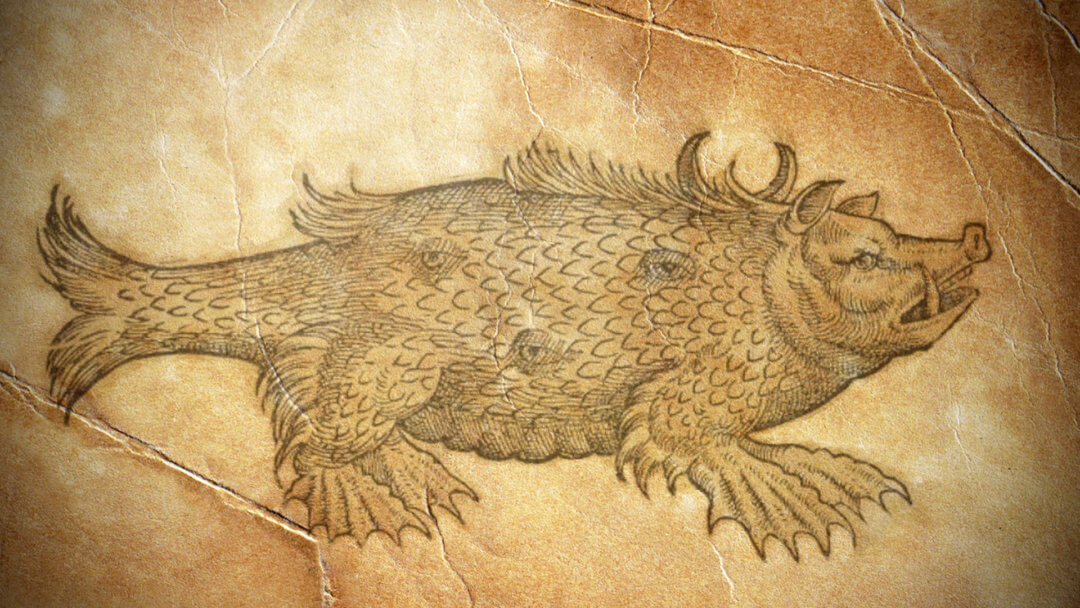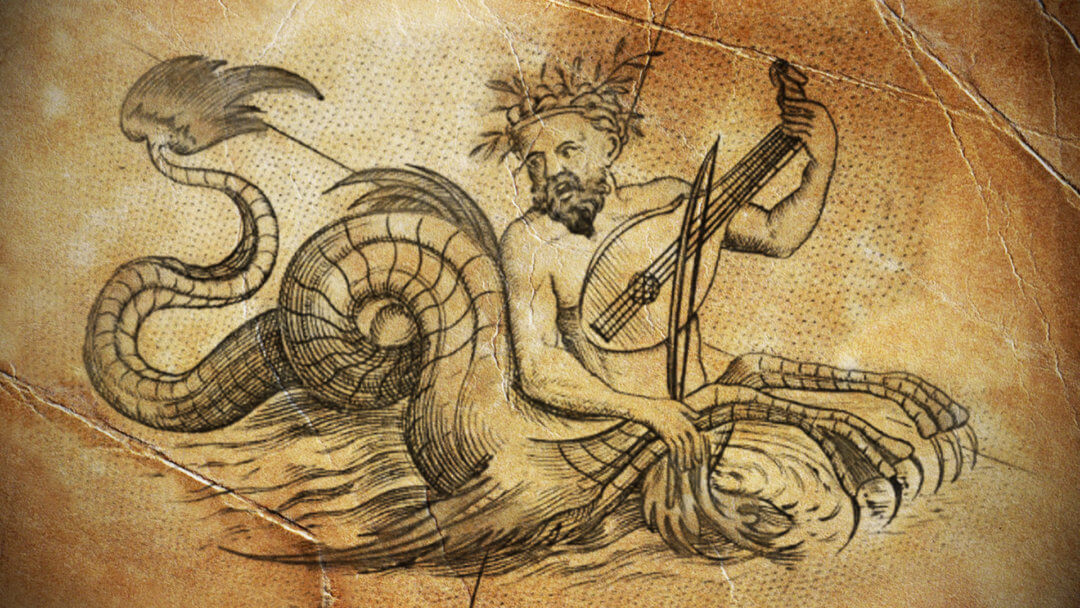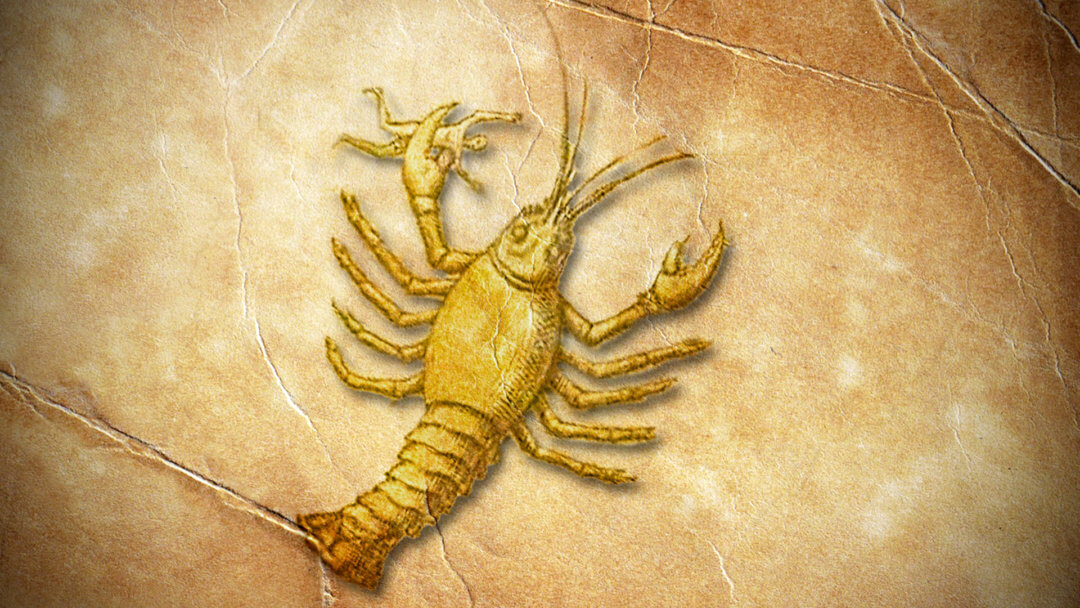
Greetings Age of Empires community,
As promised, I’ve returned with a special treat for you all; I’ve brought some magical tales from long ago which I hope will make a splash. I’m sure you’ve heard of mermaids and the Kraken, maybe you’re familiar with tales about terrifying water creatures passed down by your ancestors — but have you heard of the deadly Sea Pig? How about the myth behind the ruthless Polypus?
Before we dive right in to learning more I’d like to share with you some information on how we know about these creatures and their ferocious attacks. Other than the word of mouth passed from sailor to sailor, we have documents created by seamen and historians which put some of the pieces of these stories in a tangible form.
The most noteworthy of these documents is the Carta Marina, created by Martin Waldseemüller in 1516. It is a drawing of a world map covered in images of mythical sea animals encountered by those who dared to cross treacherous oceans to reach their next destinations.
I think it’s time to meet these monsters. What do you think? Are you ready to sail with me?
The Sea Pig:
- A half pig, half fish animal.
- Its scale-covered body resembled the body of a fish and its face and snout looked exactly like a large pig. It also had four flipper-like legs and spikes running down its back.
- Socio-politically, the sea pig held major significance. Heretics were compared to these animals as they were considered to “live like swine”.
- Maps depict its location in the North Sea but it is unclear if medieval fishermen believed it resided only in this area.
- This particular monster was rumored to be able to crawl on to land and attack.

Ichthyocentaur:
- This part human, part horse, part fish is found playing a viol in a Scandinavian map from 1573.
- Ichthyocentaurs were considered a symbol of peaceful waters and a safe journey.
- While there is no specific sea animals fitting the description of this creature, his pleasant appearance resembles the tales of mermaids.

Polypus:
- The polypus, at first glance, looks much like a lobster or an octopus, but writings indicate it may have been any sea animal with more than two legs or fins.
- Its name is translated to “many-footed”.
- In the Carta Marina, the polypus is seen holding with his sharp claws a helpless man by his torso.
- It was believed it would drag men directly from their ships and under the sea where they would meet their fate.

The Power Behind A Sea Monster
There is something truly interesting to note about the psychological impact sea monsters had on sailors and armies who traveled by sea. Facing the myth of enchanted waters and encountering monster-like animals was considered one of the bravest feats a man could face. Sailors knew the moment they stepped off land, they had to be ready to fight until their last breath to make it back to firm land. These pieces of folklore went beyond being a frightening tale to share around a campfire or a creature drawn in a sketchbook.
Looking at the Carta Marina, we see the size difference in the drawings of ships and sailors versus the sizes of the monsters. Based on modern science and technology, we know most of these creatures are most likely to be large sea life, but none large enough to swallow boats whole or singlehandedly defeat an army of thousands. This size difference represented in these drawings is very telling on how small and insignificant sailors felt next to the terrifying monsters.
Could these treacherous waters become their next empire, or would they fall short and drown at sea?
You tell me…
Sage
Come celebrate with us and join Sage and the Age of Empires team for Trivia on Twitter, starting July 6 at 10:00 AM PST (Noon CST / 17:00 UTC)!